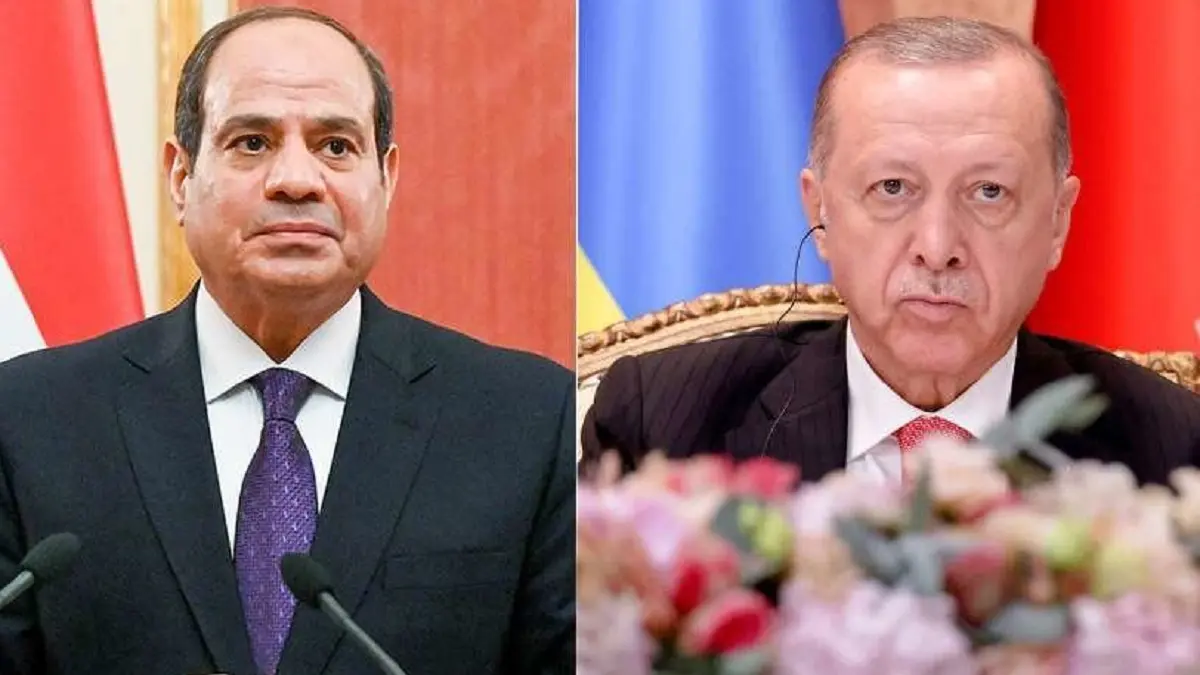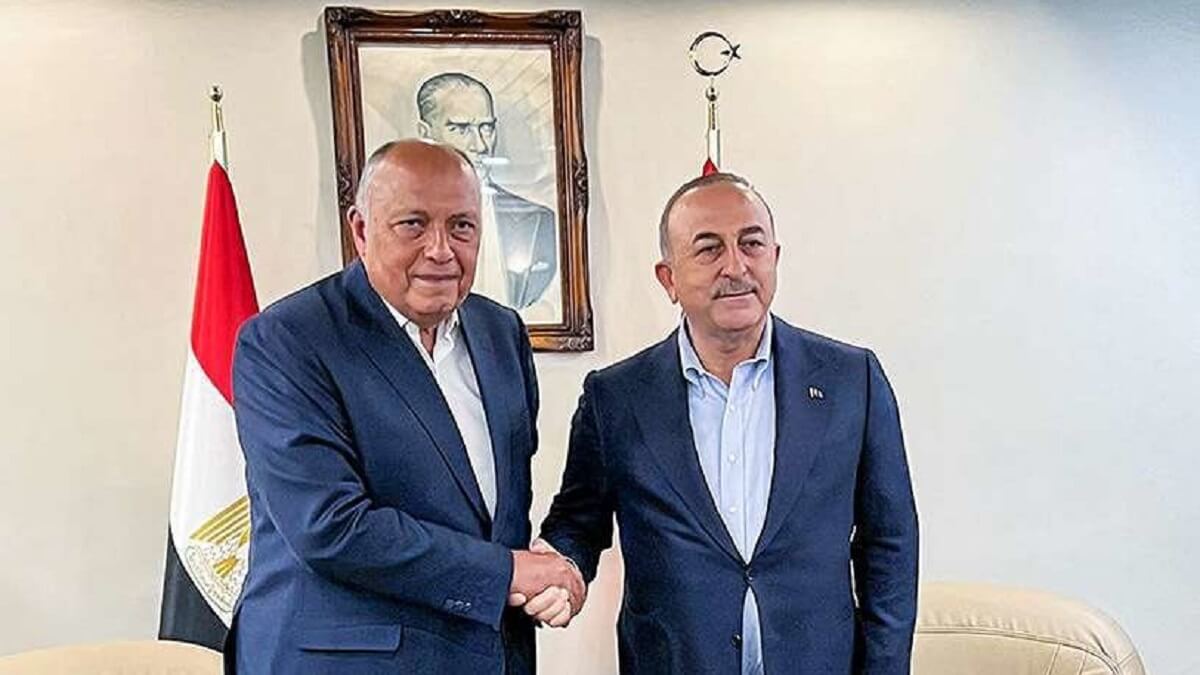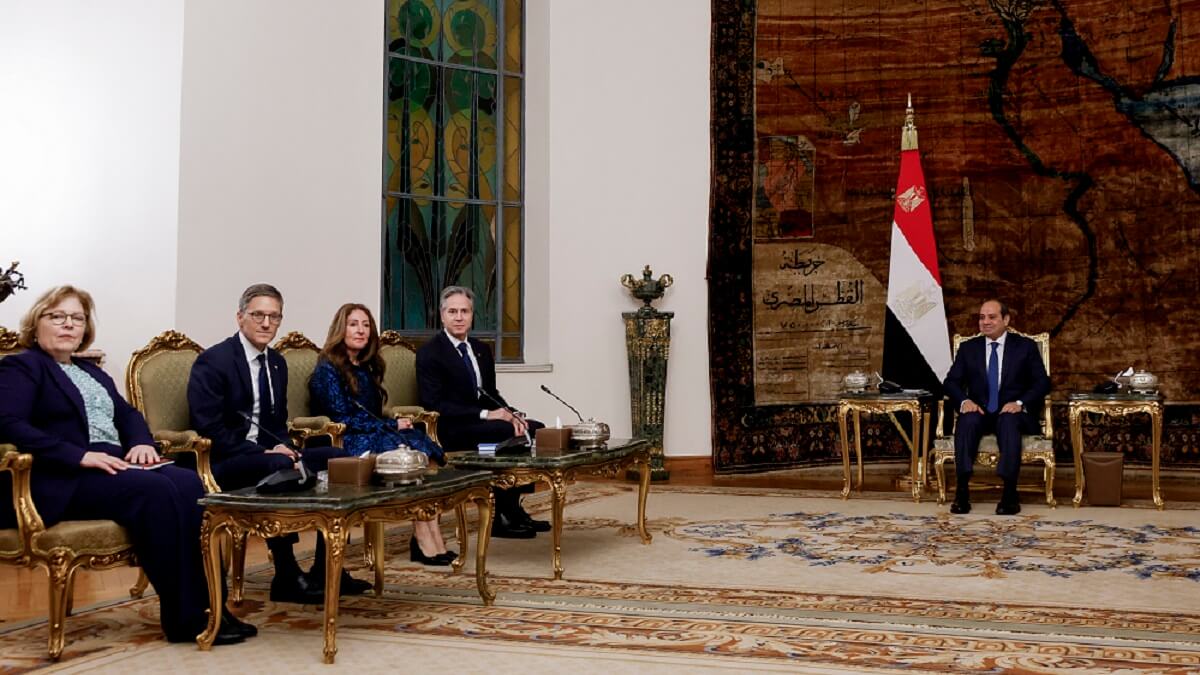Turkey and Egypt resume relations through arms deal

Turkey, at least since Recep Tayyip Erdogan came to power, has tried to perform a balancing act between practically all countries - in many cases without success. Maintaining diplomatic relations with Egypt while at the same time forging closer ties with the Muslim Brotherhood was one of the impossibilities that ultimately dynamited any normalisation with Cairo. In recent months, Turkey has chosen to prioritise the Egyptians, and the results are beginning to materialise.
- Turkey and Egypt move closer a decade later
- The evolution of Egypt's arms purchases
- Military development as a priority
Turkey and Egypt move closer a decade later
In July last year, Ankara and Cairo normalised diplomatic relations at the highest level. This announcement marked a turning point in the region, which had been turned upside down when, just ten years ago at that time, Egyptian General Abdel Fatah al-Sisi staged a coup. Relations with Turkey were then terminated, but are now back on track and, above all, increasingly revitalised.

Now, Turkish Foreign Minister Hakan Fidan has announced Turkey's sale of unmanned fighter jets. And he does so just days before Erdogan's visit to Cairo, where he hopes to deepen the strengthening of relations in various sectors such as the economic, political and social spheres. However, the reality is that, despite the significant improvement in relations, there are still important differences that are not easy to put aside.
And this is precisely one of the reasons why Erdogan himself is visiting Cairo. There he is meeting his Egyptian counterpart to "improve relations between Turkey and Egypt and revitalise high-level bilateral cooperation mechanisms". According to the Ottoman authorities, the meeting will take place at the invitation of President al-Sisi, putting an end to more than a decade without visits by the Turkish leader to Egypt. Although this is not the first meeting between Erodgan and al Sisi, who held a meeting in November 2022 in Doha during the inauguration of the football World Cup.
The evolution of Egypt's arms purchases
Abdel Fatah al Sisi's people have undergone major changes in terms of arms supplies since he came to power in 2013. First, the United States, with Barack Obama in the White House, stopped selling arms to Egypt, a position that was soon corrected, and which helped Cairo to reach new agreements with a large number of Western countries.
In this way, Egypt began to establish solid relations with many regional countries, even carrying out military manoeuvres with Middle Eastern countries. It was precisely between 2013 and 2017 when there was a significant increase in Egypt's arms purchases. According to data published by the Stockholm International Peace Research Institute, the increase was 225%.
Egypt imported 34 billion dollars worth of arms between 2016 and 2020. This volume represented almost 6% of all arms imports worldwide, with Russia as the most important partner. Moscow accounted for 41% of all arms imports to Egypt, followed by France with 18% and, further away, the United States with just under 9%.

Military development as a priority
The government of Abdel Fatah al Sisi wants to increase imports and, at the same time, arms production. Major General Yahya Kadwani, a member of the Egyptian parliament's National Security Committee, says that his country is aiming to develop its army's combat capabilities. And this intention is having a positive effect on improving relations across the political spectrum, as is now the case with Turkey.
Back in December, an Egyptian delegation visited three companies to explore possible avenues of cooperation that have now been confirmed. Egypt looks favourably on joint munitions production, as well as localising some manufacturing technologies on Ottoman soil. They see Turkey as a great opportunity to strengthen ties with a country that has advanced weaponry and with whom they could leave behind a decade of diplomatic lethargy.









